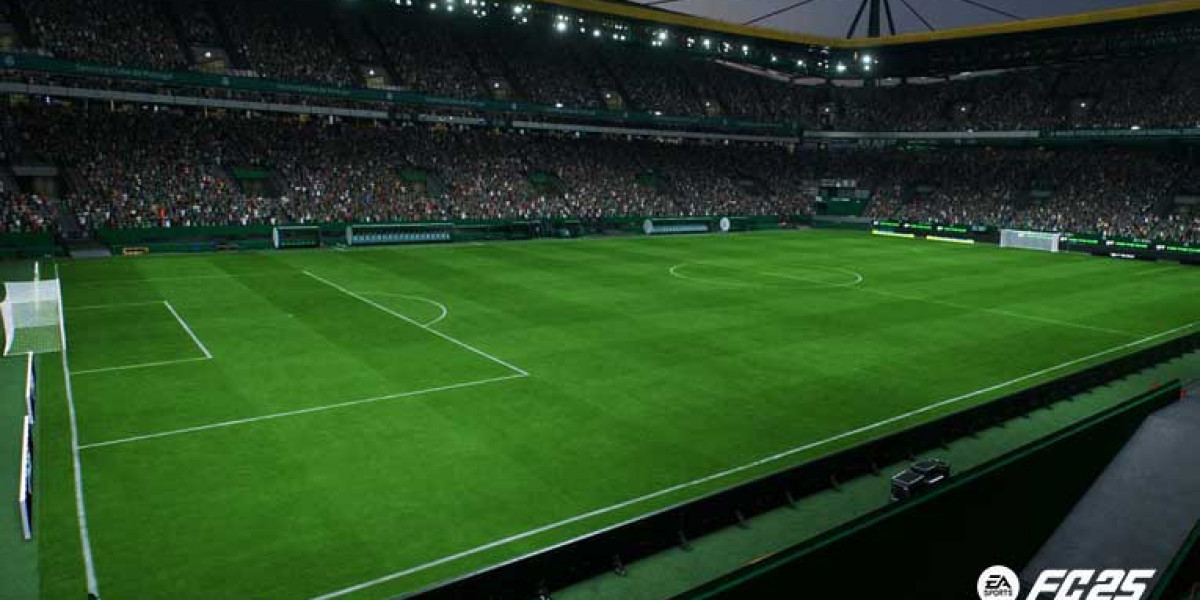Dry mix mortars, pre-blended mixtures of cementitious materials, aggregates, and additives, have revolutionized construction by offering consistent quality and ease of use. Additives and specialized chemicals are integral to these mixes, significantly enhancing their performance characteristics and expanding their applications. These components are carefully selected to address specific needs, from improving workability and adhesion to enhancing durability and setting times.
One of the primary roles of additives in dry mix mortars is to modify their rheological properties, influencing workability and application. Plasticizers and superplasticizers, for instance, reduce the water requirement while maintaining or improving flow, leading to denser, stronger mortars. Viscosity-modifying agents (VMAs) control the mortar's consistency, preventing segregation and improving pumpability, especially in vertical or overhead applications.
VIEW FULL REPORT ACCESS AT: https://www.marketresearchfuture.com/reports/dry-mix-mortar-additives-and-chemicals-market-39570
Setting time is another critical factor that additives can control. Accelerators, such as calcium chloride or formates, speed up the hydration process, allowing for faster setting and strength development, which is beneficial in cold weather or time-sensitive projects. Retarders, conversely, slow down the setting process, providing more time for placement and finishing, particularly in hot weather or large-scale applications.
Adhesion is paramount for the long-term performance of mortars. Additives like redispersible polymer powders enhance the bond between the mortar and the substrate, improving adhesion to various surfaces, including smooth or low-porosity materials. This is crucial for applications like tile adhesives, repair mortars, and rendering, where strong bonds are essential for durability and longevity.
Durability is also significantly enhanced by the inclusion of specialized chemicals. Air-entraining agents introduce microscopic air bubbles into the mortar, improving its resistance to freeze-thaw cycles and reducing cracking. Waterproofing agents, such as silanes and siloxanes, repel water, protecting the mortar from moisture damage and efflorescence.
Beyond these core functionalities, specialized additives address specific application needs. Fibers, for instance, improve the tensile strength and crack resistance of mortars, making them suitable for applications like screeds and renders. Pigments add color for aesthetic purposes, while shrinkage-reducing admixtures minimize cracking due to drying shrinkage.
The careful selection and formulation of additives and chemicals are crucial for achieving the desired performance characteristics of dry mix mortars. This requires a deep understanding of the interactions between different components and their impact on the final product. As construction demands evolve, the development of innovative additives and chemicals will continue to drive advancements in dry mix mortar technology, ensuring more efficient, durable, and sustainable building practices.








